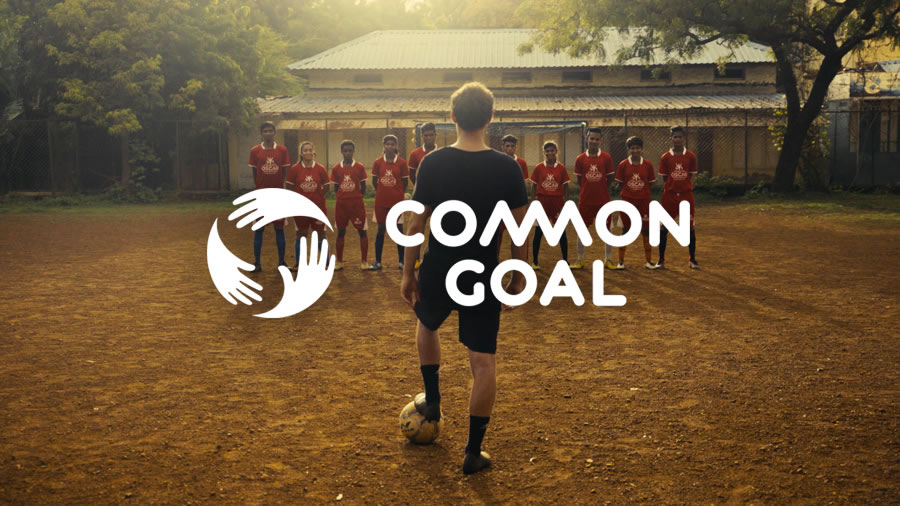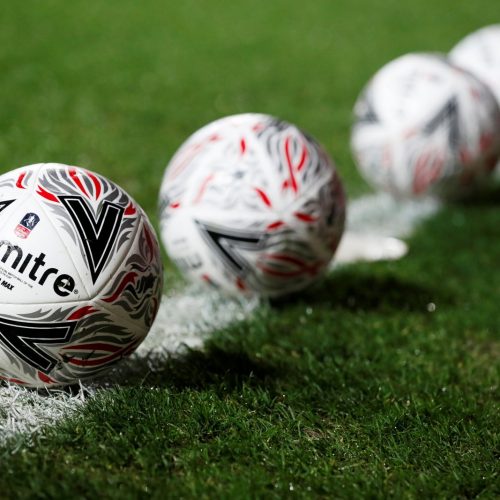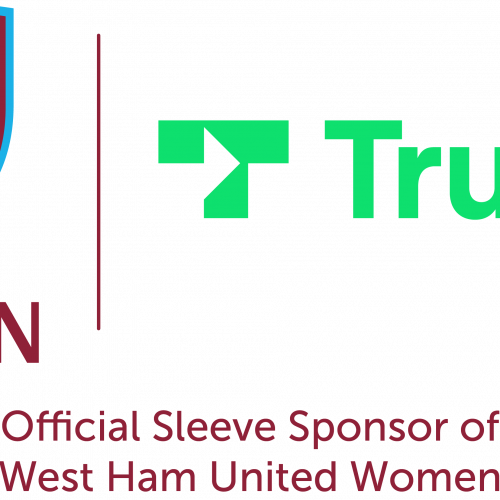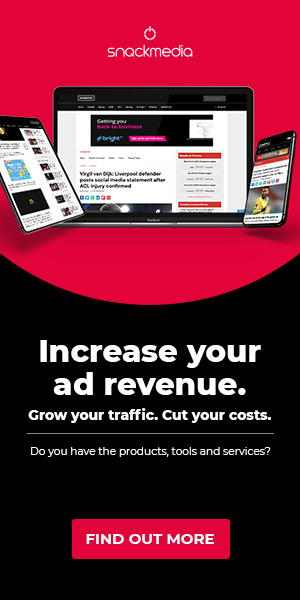Podcast: Common Goal and social media highlight just how different it is to be a footballer
On this week’s Digital Sport Insider podcast, Dan McLaren spoke to Ben Miller, an advisor to streetfootballworld, the NGO behind Common Goal, a charity set up with Juan Mata to allow footballers to donate 1% of their earnings to football related charities.
The initiative has been filling plenty of websites with words recently as more and more players have come on board to pledge to donate some of their wage each month, and it’s been met with mostly positivity, as you’d expect from such a plan. 1% may not sound like much, but for top footballers, that in itself is quite a large sum of cash which can be given to good causes every month.
Such is the life of a footballer that the world most of us inhabit must seem odd and strange to them in many ways. The fact that just 1% of their salary could make such a big difference is one thing, but the general power they have to make people listen when they speak is quite stunning. Especially when you factor social media into the mix. Attempting to use that gets tricky, however, as platforms like Facebook, Instagram and Twitter are the hosts for all of this interaction, and they and others are all making money out of it. And it’s not just the big platforms either, but the clubs as well as other third parties are involved in the process, making it all quite difficult to get a good handle on for most people – footballers included.
As Miller explains on the podcast, “Players have got their own platforms, but they’re not actually their own platforms. In Gerard Pique’s case, he’s got over 50m now, which is good – it’s not comparable to Messi and Ronaldo, but it’s pretty amazing for a central defender – and it’s him doing it and it’s quite obvious that it’s him doing it because he’s so inflammatory sometimes! Three dots on a tweet. Dot, dot, dot. He got 142k Retweets and the same sort of amount of likes and I think it was 15k comments for three dots. So that’s engagement
“But Dugout, while they’ve done the deals with clubs, they haven’t with players. But what drives the audience for the club is the players. So there are other platforms like Unscriptd that have come along, and they’ve got a different approach – they’re doing it with the players. And now you’ve got Amazon coming in and making a behind the scenes programme, and then Sky who pay billions going ‘Hey! What about us?’”
And now, all of a sudden, from players engaging directly with fans, you’ve got a whole host of others making content with clubs and players, who now have to devote more and more of their time to creating that content – a situation that doesn’t always make sense.
New #Podcast out now!!
In episode 7⃣3⃣ @DanielMclaren talks ⚽️, #CommonGoal, @juanmata8, social media, Spain and much more with @BenWSMiller.
????️ https://t.co/L5JqL7bE37#SportsBiz #digisport pic.twitter.com/KkrIXfndkM
— Digital Sport (@DigitalSportUK) November 16, 2017
“You’ve got players doing their own social stuff, you’ve got the club’s own channels, the TV channels, the app, the webpage and everything’s actually in conflict when you think about it,” says Miller. “So if you go to a player and say ‘right, we’re doing a shoot with a Amazon, Sky, Unscriptd or Dugout,’ they’re like ‘well, hang on, what’s in it for me?’ Well, it’s in your contract, and you’ve also got your marketing requirements for the club.”
And that, in a way, is the crux of the problem. Pique might have 50m followers on a social media platform, but he doesn’t actually own that following: in the end, it’s Facebook who do, and it’s they who are making the most money off his popularity because he has to use their platform to reach people.
As a result, you can see why players would want to leave the whole thing to others, and why they’d want to pay someone to manage their accounts for them, especially since they’re already earning enough money just from their own salaries and endorsements. And perhaps that’s why a player like Pique, who runs his own accounts, stands out quite so much.
“I spoke to somebody who claims to be monetising a huge amount of income via players but please contact me if you’ve got any ideas that don’t involve a great deal of input from the players!” says Miller. “If you’re earning whatever million a year, the idea of having to dedicate three hours to generate content that adds value to everyone involved, which is how it needs to be to make any sense to do in exchange for £30,000 – well if you offer me £30,000, I’ll jump on the table and do a dance or whatever, but for a player who’s used to earning that much money, it’s not really a compelling reason to do it, and the agents don’t tend to get it either.”
As Common Goal gets more and more footballers on board, its popularity on social media increases, as does the reputation of the players who join. But the mere fact that footballers have the power to make Facebook and Twitter creak with the engagement of millions of followers, and the fact that they can make such a difference with just 1% of their wage shows just how much different it must be to live in their world. And it shows how much of a difference they could make to the world we all inhabit just by helping out.
About author
You might also like
Leeds United become first football club to sell official jerseys on TikTok
Leeds United is the first football club in the world to partner with TikTok to sell official merchandise and replica jerseys. Coinciding with the release of the new rhapsody purple,
Lewes FC Appoints Sue Anstiss To Its Board Of Directors
The Lewes FC Board is delighted to announce that it has co-opted Sue Anstiss as a Lewes FC Director. Sue has been a driving force for equality in sport for
Trustly extends partnership to become West Ham United Women’s Sleeve Partner
West Ham United is pleased to announce that Trustly has enhanced its relationship with the Club by becoming the Women’s Sleeve Partner. Trustly, the leading global account-to-account payments platform, became








